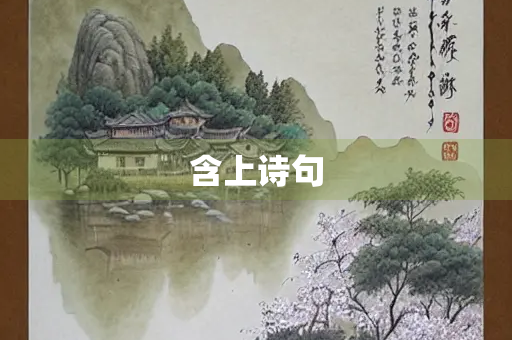
Poetry is a form of creative expression that has existed for centuries. It is a powerful tool that writers and poets use to convey their thoughts, emotions and experiences. Poems have been written on a variety of topics ranging from love, friendship, nature, and even lifes hardships. In this article, we will explore the use of poetic lines in different forms of writing. These lines add depth and meaning to any text and can be found in everything from novels to advertising campaigns.
Poems often contain a wealth of imagery and symbolism that make them memorable and impactful. A single line of poetry can evoke strong emotions in readers and provide a level of depth and complexity to the writing that other forms of communication often lack. Poetry has a way of making us feel connected to one another by touching on universal themes and emotions. The use of poetic language in everyday writing can transform mundane topics and help them resonate with readers on a deeper level.
Some of the greatest works of literature include lines of poetry that are still quoted and studied today. For example, William Shakespeares sonnets and plays are filled with beautifully crafted lines of poetry that continue to inspire readers and writers alike. In his play "Romeo and Juliet," the line "Whats in a name? That which we call a rose / By any other name would smell as sweet" highlights the theme of identity and the power of language to shape our perceptions. Another famous example of poetic lines in literature comes from Edgar Allan Poes poem "The Raven." The phrase "Quoth the Raven Nevermore" has become iconic and is often used to signify the presence of death or impending doom.
Advertising campaigns also make use of poetic lines to sell products and services. Companies understand the power of language and use carefully crafted slogans and jingles to appeal to consumers. For example, Nikes "Just Do It" campaign has become one of the most successful marketing efforts in history. The tagline is simple yet powerful and encourages consumers to push themselves to achieve their goals. Coca Colas "Open Happiness" campaign uses lyrical language to convey a sense of joy and positivity associated with drinking their product. The use of poetic lines helps brands connect emotionally with their audience and create lasting memories.
Poetic lines continue to be used in contemporary writing, even in genres that are typically thought of as less traditional. Song lyrics, for instance, are often compared to poems due to their use of evocative language and imagery. Music icons like Bob Dylan and Joni Mitchell have been praised for their songwriting abilities and the depth of meaning contained within their lyrics. Similarly, the rise of social media platforms like Twitter and Instagram has seen a renewed interest in micro-poetry. These short, poetic lines are often used to express emotions or capture moments in time and can be used to great effect in digital storytelling.
In conclusion, poetry and poetic lines have always been an integral part of human expression. Whether seen in literature, advertising campaigns or contemporary writing, the power of these lines to connect with readers and evoke strong emotions remains unrivaled. As we continue to evolve as a society, poetic lines will no doubt continue to have a place in shaping our communication and deepening our understanding of one another.
本文地址: https://www.shuiwy.com/a/8913.html
文章来源:im
版权声明:除非特别标注,否则均为本站原创文章,转载时请以链接形式注明文章出处。
2026-02-05im
2026-02-05im
2026-02-05im
2026-02-05im
2026-02-05im
2026-02-05im
2026-02-05im
2026-02-05im
2026-02-05im
2026-02-05im
2024-03-03im
2024-01-24im
2023-05-29im
2023-06-04im
2023-06-16im
2023-10-07im
2023-06-20im
2023-10-07im
2023-06-19im
2023-06-14im
2025-01-15im
2025-05-02im
2025-04-29im
2024-02-10im
2024-01-13im
2024-01-24im
2024-02-10im
2024-01-09im
2024-01-17im
2024-01-08im
扫码二维码
获取最新动态
